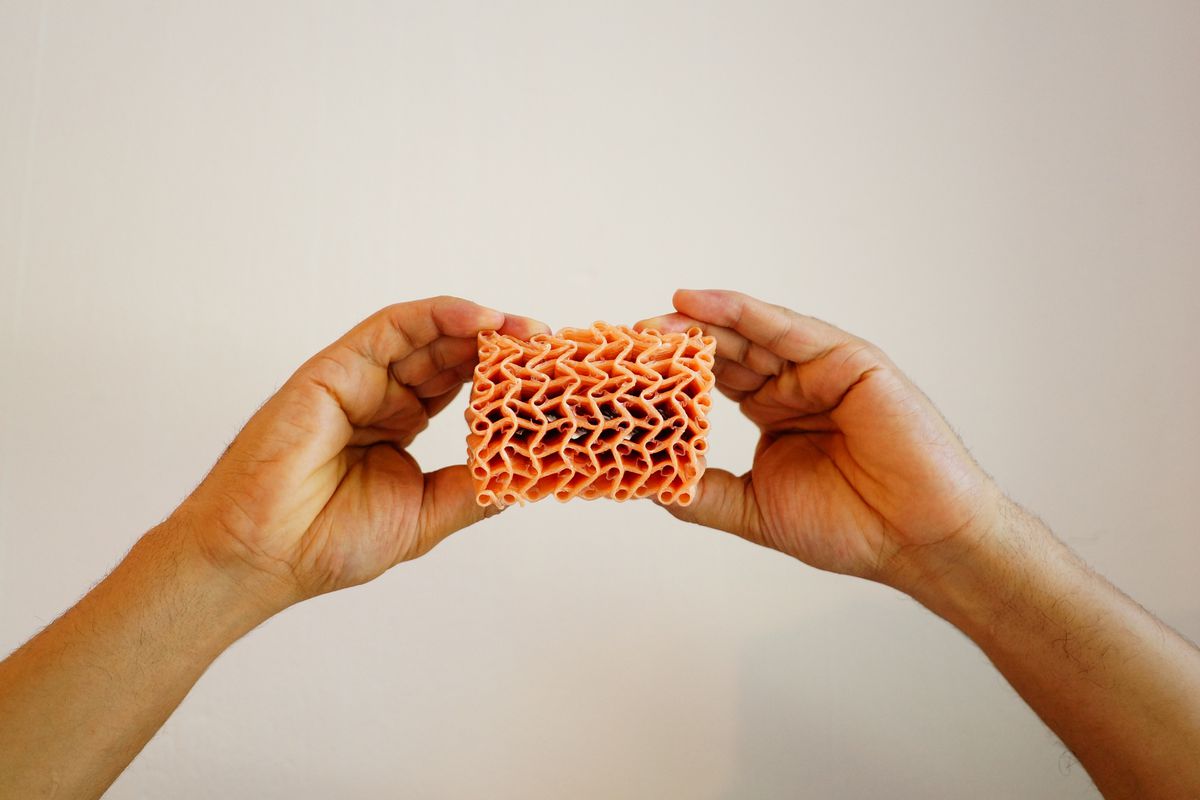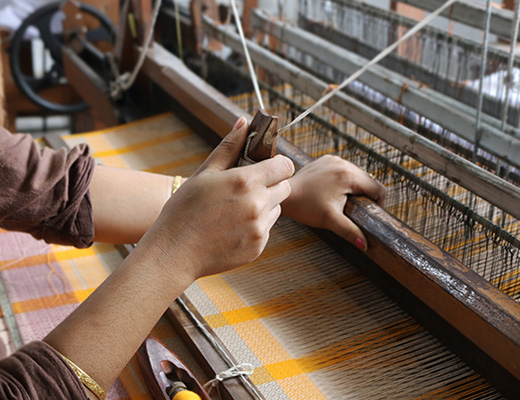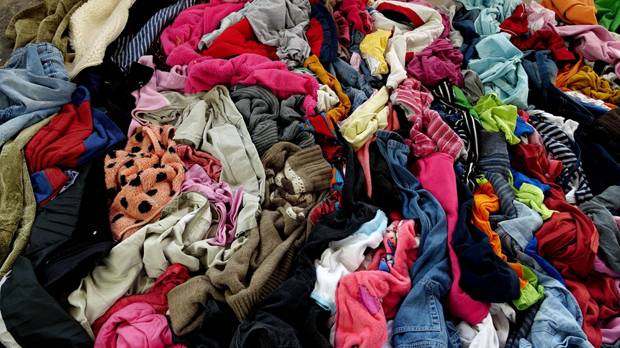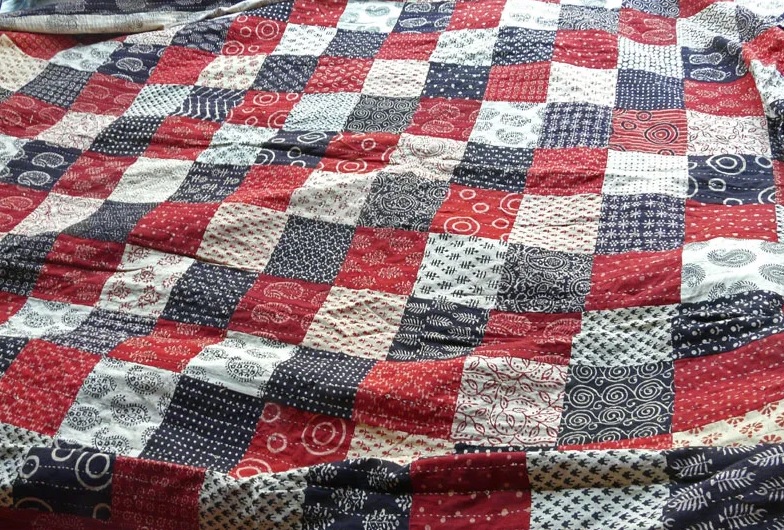In a pioneering stride towards sustainable materials, Rensselaer Polytechnic Institute (RPI) researchers have unveiled a technique to engineer spider silk protein from discarded plastics. Published in Microbial Cell Factories, the study introduces a novel strain of Pseudomonas bacteria adept at transforming depolymerized polyethylene into targeted recombinant proteins.
This innovation holds promise in addressing the burgeoning plastic waste crisis plaguing the planet. With global plastic accumulation reaching critical levels and contaminating food and water supplies with microplastics, the urgency for effective waste management solutions is paramount.
Kraig Biocraft Laboratories, a frontrunner in recombinant spider silk production, lauds RPI's endeavors. CEO Kim Thompson commends the environmentally conscious approach, emphasizing the potential of such technologies to mitigate plastic pollution. While Kraig Labs' methodology differs, centered on genetically modified silkworms yielding spider silk cocoons, both initiatives share a common goal of eco-friendly silk production through molecular biology.
As Kraig Labs gears up for the 2024 silk production season, their CEO and top sericulture expert are actively strategizing in Southeast Asia to expand production capabilities, underscoring their commitment to sustainable innovation.












